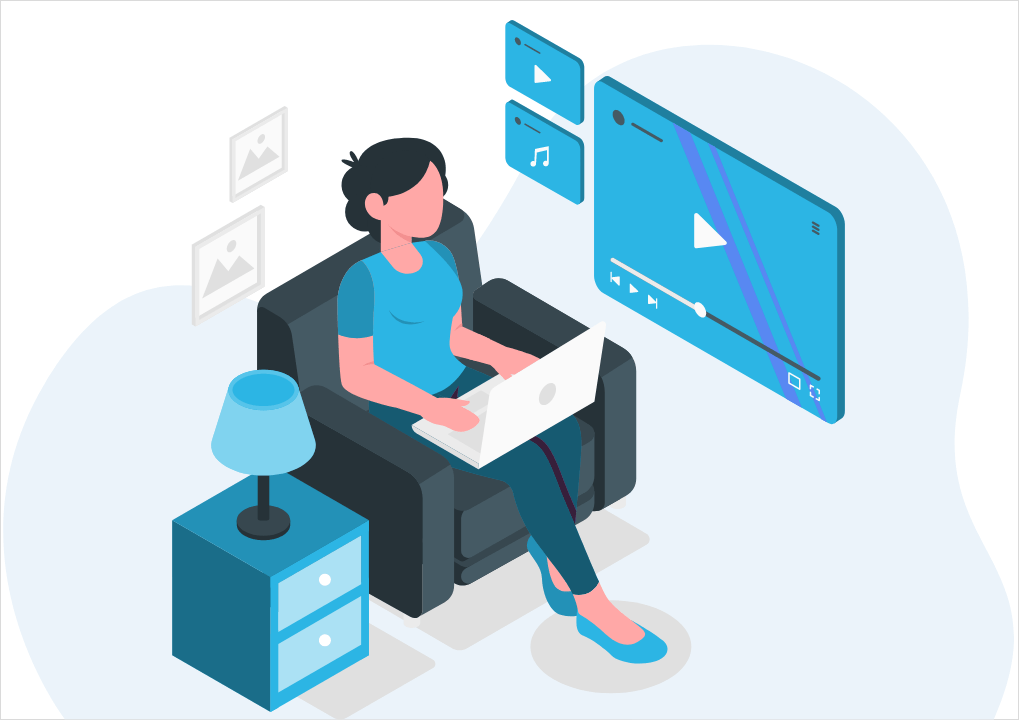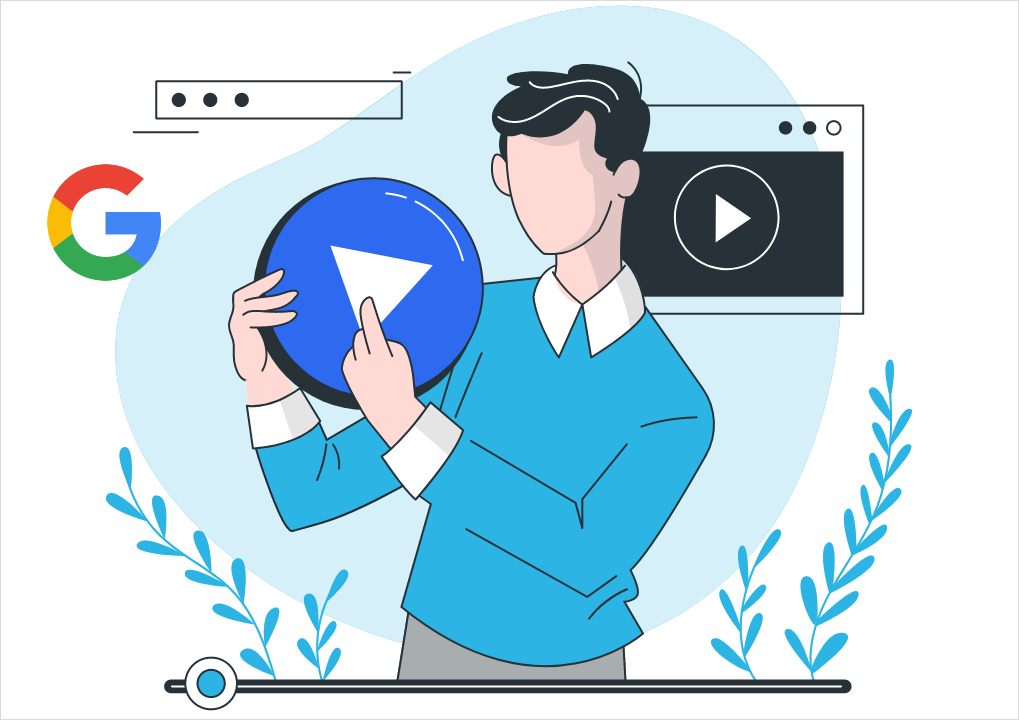Stop the presses–okay, maybe not quite–Google is introducing Audio-only ads for Youtube. The reason is that Youtube figured out that 85% of people watching Youtube videos aren’t watching; they’re just being listened to in the background for the audio. Playlists or podcast-like videos that you listen to while doing something else.
This is just a piece of news that opens up another channel for PPCs to create a new type of ad, and a new revenue source as well, since audio ads will be more expensive than text ads.
But below the surface, a few interesting things are happening.
One is that this is continuing the inexorable trend towards making digital advertising via AdWords more complex, and harder for any individual–perhaps portending the death of the small, independent PPC?
Think back to when AdWords started, now long-enough ago that some of the younger PPCs weren’t even born yet. Back then, there were simple text ads. You’d write the 3 lines of text, configure the various keywords and campaigns–and voilà, you have a live campaign!
But then display ads came. Suddenly, you needed to create image ads. Much harder. Except for the big fancy agencies, most PPCs hired some cheap outsourced someone to make the ads–real artists, you know, don’t like stooping to create ads! And thus to do PPC well, you need another skill set: creating digital ads or knowing the right person. It became a bit harder.
Then after that, the infamous animated Gif ads began. You know, those ads that had a bit of movement and seemingly the entire world hated. But, heck, they worked and they worked well! So we started seeing more and more of them everywhere. It made the whole web much uglier, of course. But making animated ads is a bit harder than just a static ad, so you need a bit more skill using animated tools.
Another type of ad showed up, video ads. The pre-roll ads on Youtube, for example. Suddenly, you need a production studio to be able to create ads. Script them, film them, edit them–this is no longer sitting in your basement writing a few words into a text ad, folks! Yes, AdWords does have some automated tools to create them but those always create the worst ads you can imagine.
After that came HTML5 ads, which takes the animated ads to the next technical level, and even introduces HTML/code into the ad itself. While not as complex as video ads–now you need real software developers, at least basic software developers, to create the ads.
The pattern is clear: ads are becoming more complex and more expensive to produce.
This has three interesting implications worth mentioning.
One is the point I mentioned above: it’s driving up the cost of all advertising, driven merely by the production costs. Sorry, clients, there’s nothing we can do about that.
Two is that it’s making it more difficult for smaller shops–particularly individuals–to compete. You need teams not just for production, but you need to work closely with your client to create these sorts of ads.
Three is that this is another nail in the coffin of the “improvisation” style of PPC, a style that–cough, cough, ahem, ahem–I may have too strong of a preference for doing. We can divide PPC management into two broad categories: over-planned, and under-planned, and every PPC falls somewhere in-between these two extremes. The hero comes in and spends all night obsessing over it and emerges with an awesome campaign, to be tested in the fire of the real world the next days to see how it performs. That’s morphing into the more systematic and stylized approach, of planning and reviewing every detail “to a T”.
The bad news with this pattern is, just like with the New World bringing us Covid, you can’t fight it and have to accept us. But the good news is: if you’re up for learning new skills, there’s a whole new market and whole new product line you can offer and thus many more opportunities for both you to make more money and create more effective campaigns for your clients. Win, win. But you don’t like audio ads? A bit like everything in life, you have two choices: adjust reality, or adjust your preferences. And guess what? It’s much easier to adjust your preferences than to adjust reality.






